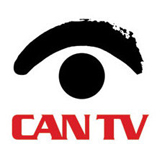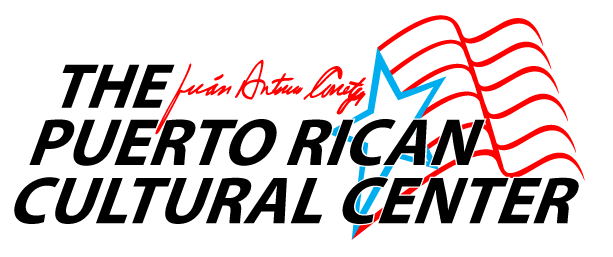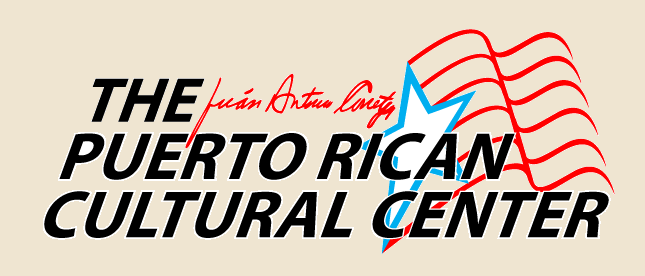
I am proud to appear before the honorable members of the Cable Commission to speak about the partnership between the Puerto Rican Cultural Center and CAN TV. Before I discuss the most recent aspects of that partnership, let me say that these concrete acts attest to the importance of the experience of CAN TV in a multicultural, multi-faceted democratic society. CAN TV provides a forum and technical assistance which addresses one of the great problems of the 21st Century – the ever-expanding schism that is the digital divide. CAN TV represents a voice for the voiceless in this society, and the promise of inclusion in the ever-growing world of information.
Over the past year, we have entered into a very meaningful and beneficial partnership with CAN TV.
In September 2000, CAN TV provided on-site orientation to the coordinators of the Puerto Rican Cultural Center and affiliate community groups including our alternative high school, the Dr. Pedro Albizu Campos High School; our literacy program, the Family Literacy Program (FLC); our AIDS education and prevention program, Vida/SIDA; and our Boricua National Human Rights Network. Since that orientation, we have cemented a partnership, which is self-evident in the following:
• A video class for students in the Dr. Pedro Albizu Campos High School, which has resulted in 10 students being trained in portable production and eliciting such generative themes of our community as education, housing, gentrification, police community relations, etc.
• Vida/SIDA’s involvement in Hotline 21’s AIDS Call In Live;
• Periodic coverage of community events by the Community Partners Project such as the one on State Repression and political organizing discussion;
The partnership of CAN TV with the Puerto Rican Cultural Center obviously extends our reach and services beyond our geographical community. It helps to build awareness of our programs, in particular consciousness about the Puerto Rican/Latino community in general. It educates as evidenced by the AIDS show and helps to create future communicators who are indigenous to our community as demonstrated in the high school class.
I can speak to the fact that the response of our students and our staff to the CAN TV/PRCC partnership extremely favorable.
Let me reiterate that in this age of information and high technology, the emerging technological schism must clearly be addressed by all our institutions if, indeed, we hope to build a truly democratic, multicultural, multi-racial, honestly diverse society. CAN TV’s partnership is truly about engaging our community in an empowerment process, which is about deeds and not mere pronouncements and false images.




